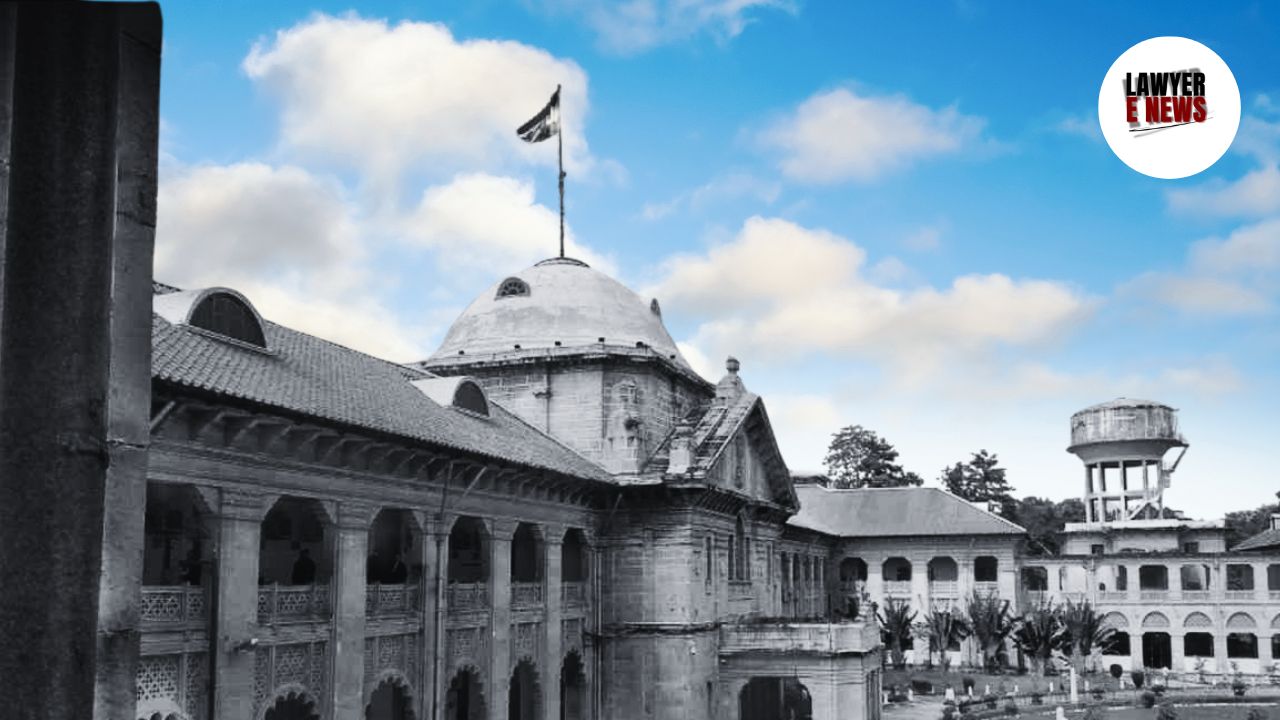-
by Admin
15 February 2026 5:35 AM



On September 18, 2024, the Allahabad High Court in the case of Vihari & 2 Others v. State of U.P. & Another quashed criminal proceedings after the parties reached a compromise. The case involved charges under Sections 504, 506, and 323 of the IPC, along with Sections 3(1)(da) and 3(1)(dha) of the SC/ST (Prevention of Atrocities) Act, 1989. The court strongly condemned the misuse of the SC/ST Act for financial gain, calling for a stringent verification process before filing FIRs.
The applicants, Vihari and two others, were facing trial in connection with Case Crime No.101 of 2022, pending before the Additional District & Sessions Judge/Special Judge (SC/ST Act) in Sambhal District. The charges were based on a complaint filed under the SC/ST Act, as well as provisions of the Indian Penal Code, following a dispute between the parties. A compromise was reached outside of court, and both parties submitted affidavits requesting quashing of the criminal proceedings.
The applicants filed this application under Section 482 Cr.P.C., seeking quashing of the charge sheet and trial proceedings in light of the compromise.
The main legal issue was whether the court should quash criminal proceedings based on a compromise, particularly when charges involve the SC/ST Act. The court took note of the Supreme Court's guidelines in Gian Singh v. State of Punjab (2012), where it was held that certain non-compoundable offences could be quashed if parties resolve their disputes amicably.
The court also observed a disturbing trend of false and exaggerated complaints being lodged under the SC/ST Act for financial compensation. It cited a series of judgments, including B.S. Joshi v. State of Haryana (2003) and Narindra Singh v. State of Punjab (2014), emphasizing that a compromise between the parties can justify quashing of proceedings in certain circumstances.
In its ruling, the High Court noted that the parties had entered into a valid compromise, and that the complainant, Ajay Pal, had admitted before the court that the FIR was lodged under pressure from villagers and was false. The court found that continuing with the proceedings would serve no useful purpose. The complainant returned the compensation amount of ₹75,000, affirming that he no longer wished to pursue the case.
The court emphasized the misuse of the SC/ST Act, stating that false FIRs lodged solely for compensation dilute the law’s intended protection for vulnerable communities. The judgment noted:
“The Act, designed to provide immediate relief to victims of atrocities, is being misused by some individuals for financial gain. Rigorous verification before lodging an FIR is essential.”
Further, the court recommended invoking Section 182 IPC (now Section 217 of B.N.S. 2023) to punish individuals who file false FIRs, stressing that this misuse not only undermines the law but erodes public trust.
The Allahabad High Court quashed the criminal proceedings in light of the compromise between the parties. However, it issued a broader warning regarding the misuse of the SC/ST Act, urging a more thorough verification process before filing complaints. The court directed the Registrar General to circulate its observations to all district courts and urged the Director General of Police, Uttar Pradesh, to ensure compliance with the court's directives concerning false FIRs.
Date of decision: 18/09/2024
Vihari & 2 Others v. State of U.P. & Another
